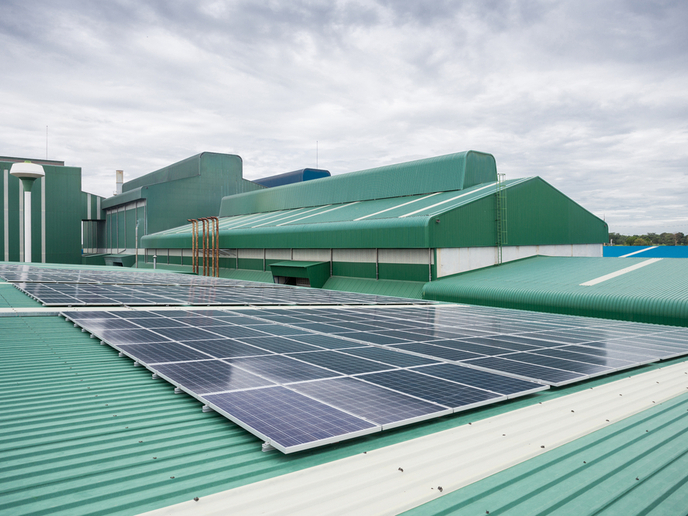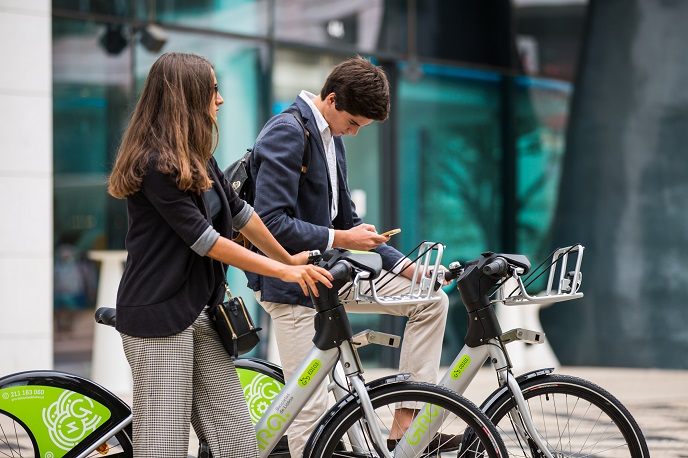A collaborative approach promotes net zero energy settlements
The EU, along with many countries, has introduced NZE regulations for new buildings to reduce greenhouse gas emissions. NZE buildings(opens in new window) can achieve an annual energy balance close to zero or positive thanks to a combination of building-integrated energy conservation strategies and renewable energy generation systems. However, despite all the drivers and benefits associated with the implementation of NZE buildings, important barriers are still limiting their spread around the world. One of the most critical is the high capital cost, especially at the initial phase of construction. In addition, many projects, especially smaller ones, can experience difficulties in implementing an NZE standard due to the technological complexity and a lack of knowledge and experience. The ZERO-PLUS(opens in new window) project addressed these challenges, creating a roadmap for cost-effective design and construction of new NZE buildings and settlements. “ZERO-PLUS sought to develop a sustainable approach for constructing NZE communities. Specific objectives included reducing the initial construction costs by at least 16 % compared with conventional NZE buildings while minimising life cycle costs,” states project coordinator Margarita Assimakopoulos.
Application of renewable energy technologies
A consortium of 32 partners from eight countries designed four communities in Cyprus, France, Italy, and the United Kingdom, respectively, covering different geo-climatic regions, construction practices, and cultural backgrounds. Project partners developed methodologies and accompanying tools to provide an overarching solution for overcoming barriers to the successful construction of new residential NZE settlements(opens in new window). Energy consumption at the settlement scale is achieved using renewable energy generated on site. Therefore, renewable technologies and hybrid renewable energy systems were developed, tested, and implemented in the case study settlements in accordance with local climatic conditions. “The ZERO-PLUS approach has brought together technology suppliers, energy efficiency and renewable energy experts and developers who worked together from the project’s conception to optimise the NZE settlement design,” explains Assimakopoulos. Novel technologies included a solar heating ventilation and air conditioning system, a combined heat and power system, an energy storage and inverter system, a multifunctional system to integrate renewable energy generation systems on rooftops and its industrialisation. Additional technologies involved insulation panels, batteries, and a building energy management system. Importantly, the transition and upscaling from the building to the community can help overcome the cost barrier through economies of scale as energy resources and technology costs are shared among all the residents.
Environmental benefits
Shifting the focus from a single building to an entire settlement allows additional benefits to be exploited, such as improving the outdoor microclimate conditions for both the external community areas and the single buildings. These benefits result from mitigating the effects of the urban heat island effect and other climate change-related phenomena and reducing building energy demand and the associated CO2 emissions. ZERO-PLUS will help develop a market for NZE settlements in the EU that comply with the Energy Performance of Buildings Directive(opens in new window) requirements and thus meet ‘nearly zero energy’ performance levels. Summing up, Assimakopoulos says: “The innovative technologies developed will reduce the cost barrier to market uptake of such buildings by being more affordable than the current state of the art. The solutions created and demonstrated will enable significant acceleration of the speed with which such projects are taken up by the market.”







